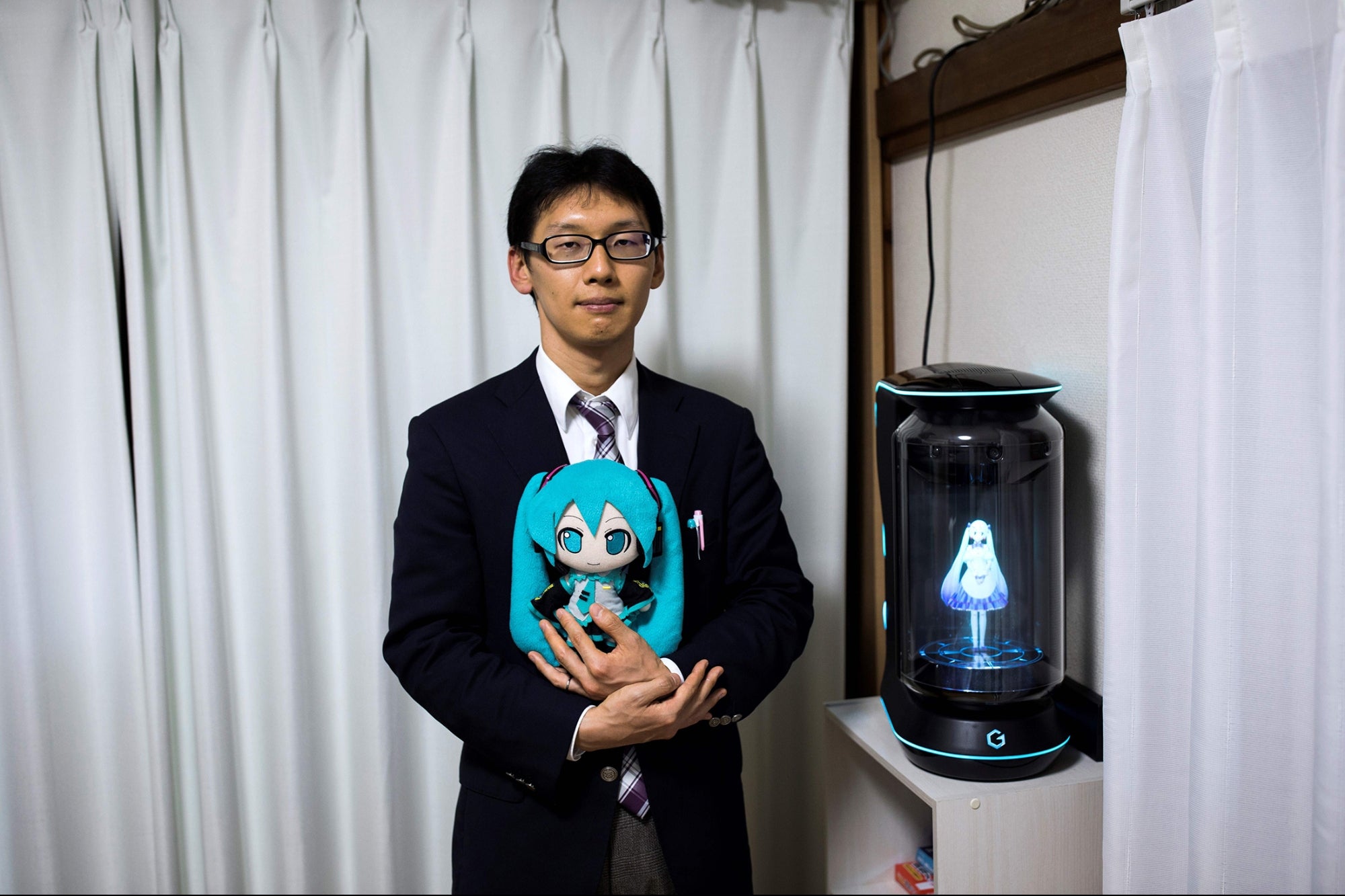IPO vs. Getting Acquired: What You Can Learn From Snap and Instagram's Divergent Exit Strategies It's important to know the costs and benefits of each approach.
By Rashmi Menon Edited by Dan Bova
Opinions expressed by BIZ Experiences contributors are their own.

Snap and Instagram were founded within months of each other in the early 2010s. Both operated in the photo sharing space and targeted millennial, social media savvy users. However, their paths diverged when one chose to be acquired by Facebook and the other went public though an IPO (initial public offering) -- and it has made all the difference.
Related: 3 Signs It's a Smart Time to Sell Your Online Business
Successful startups typically take one of two paths to provide liquidity to their early investors and continue to grow: acquisition or IPO. Snap chose the IPO path, and therefore spent approximately six years growing its business to make it attractive to public shareholders, going public in March 2017. Founders who choose to go public over being acquired, often do so because it allows them to retain their independence and control and continue to operate as a standalone company. Snap wanted to control its own destiny and its founders and employees wanted to continue work in a startup environment, as opposed to becoming a division in a larger company.
However, this independence and cultural freedom come at a price. Public markets place a much greater scrutiny on short-term performance than a strategic acquirer does. Public markets are not satisfied with "one-hit wonder" companies who only do one thing well; they want companies to be diversified and offer multiple products, potentially to multiple customer segments. Public markets expect consistent growth and profitability. Public markets are ruthless when bad news strikes and stock market listing rules require significantly more transparency about their activities than a division within a larger company faces.
Related: The BIZ Experiencesial Exit Strategy -- Prepare Yourself
Snap has faced challenges from all of these expectations. Its attempts to launch new products, such as Spectacles, were lackluster. Revenue and user growth have fallen, accompanied by falling stock prices and public news of layoffs. And the negative news echo chamber has been relentless. A scan of news headlines on Crunchbase reveals an overwhelmingly negative slant: "Snapchat lays off two dozen employees," "Snapchat's big redesign bashed in 83 percent of user reviews," "What is Snapchat now Story sharing has stopped growing," "Snap is having a bad day," etc. (Although Snap's most recent earnings report has investors feeling optimistic, the stock is still barely above the initial offering price and much work remains to be done.)
Meanwhile, Instagram was acquired by Facebook in 2012. While the company may have lost some independence in becoming part of a larger company, it has benefitted tremendously from the acquisition. The Facebook acquisition gave Instagram exposure to one of the largest user bases in the world. Instagram also benefits from Facebook's talent, treasure and processes. It can grow in an environment of support and encouragement without a barrage of daily scrutiny and negative news stories. The market power of Facebook allows Instagram to launch and grow new products quickly -- including the launch of Instagram Stories, which surpassed Snapchat's daily active users within a year of launch. And should negative events occur within Instagram, these may not be readily apparent to the public. For example, if Facebook were to reduce resources allocated to an Instagram project, employees could be reassigned to other projects within Facebook with limited fanfare or public knowledge. Press stories about Instagram are neutral to positive, with none of the negative flavor of the Snap press coverage.
Related: 5 Ways to Lead Your Company to a Successful Exit
This example is not meant to conclude that it is always better to be acquired than to go public, but it helps illustrate the costs and benefits of each approach. As with all things, timing is important as well. The Snap IPO has come toward the end of the era of blockbuster unicorn IPOs. The IPO market is slowing down and startups are finding it increasingly challenging to compete with the resources and market power of Big Tech -- at the same time that share prices of recent IPO startups such as Snap and Blue Apron are struggling, big tech companies such as Amazon, Apple and Google are growing at an unprecedented pace. As unicorn darlings, such as Uber, become more wary of the expectations of public markets, many are choosing to grow through large rounds of private equity placements, postponing major liquidity opportunities for shareholders. Perhaps some unicorns may consider acquisition as an exit option more seriously in the future as well.











